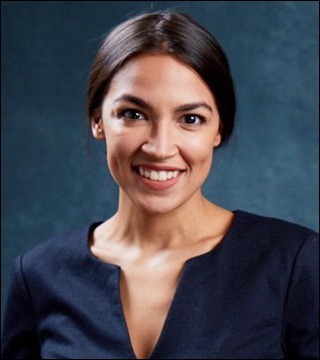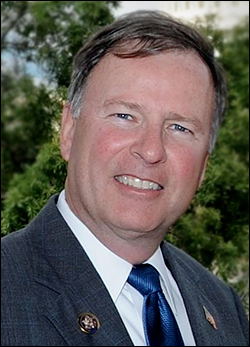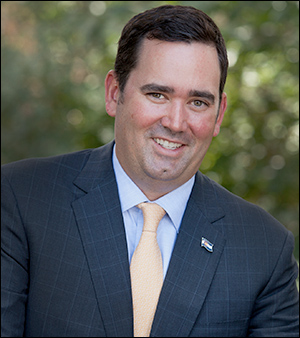By Jim Ellis
June 27, 2018 — In the surprise of last night’s voting, 10-term Rep. Joe Crowley (D-Queens), the chairman of the House Democratic Caucus and the Queens County Democratic Party, lost his Democratic re-nomination battle to self-proclaimed Democrat-Socialist Alexandria Ocasio-Cortez last night, but he may not be finished. Since Rep. Crowley has already secured the Working Families and Women’s Equality Party ballot lines, he also advances into the general election.While Ms. Ocasio-Cortez will command the Democratic line and college professor Anthony Pappas has the Republican position, the independent and minor parties will play a major role in this 14th District general election. With independent filing deadlines still to come, much can happen before the Nov. 6 ballot is actually finalized. At this point, Elizabeth Perri has the Conservative Party line and James Dillon the Reform Party designation. But, with Crowley and Ocasio-Cortez presumably doing battle for all of the left-of-center votes, suddenly the right-of-center lines become more valuable. A unifying of the three lines under one candidate, which is still possible, would allow a single, more conservative contender to be more competitive in this new situation.
The 14th Democratic primary turnout was low, what looks to be about 28,000 votes when all are counted, and Ocasio-Cortez received 57.5 percent compared to Rep. Crowley’s 42.5 percent. Interestingly, Crowley is the chairman of the Queens County Democratic Party, which gives him control over how the party will spend it money to support its new nominees, including Ocasio-Cortez.
The 14th CD contains parts of Queens and The Bronx, including the communities of Flushing (part), Throgs Neck, Jackson Heights, and College Point. The citizen age voting population is 39.9 percent Latino, 31.6 percent, Non-Hispanic White, 14.5 percent Asian, and 13.9 percent African American. The general election campaign becomes interesting to say the least.
COLORADO
The Centennial State vote went as expected. In the governor’s race, Rep. Jared Polis (D-Boulder) defeated a series of four candidates to win the Democratic nomination and advance into the general election. He scored a 45-25-23-7 percent victory over former state Treasurer Cary Kennedy, the official party endorsed candidate, ex-state Sen. Mike Johnston, and Lt. Gov. Donna Lynne. Polis will now face state Treasurer Walker Stapleton, who won the Republican nomination, defeating former state Rep. Victor Mitchell and two others. The open general election will be competitive. Gov. John Hickenlooper (D) is ineligible to seek a third term.
In the House races, also as expected, former University of Colorado Regent Joe Neguse easily won the Democratic primary and becomes a prohibitive favorite to replace Rep. Polis in the US House.





